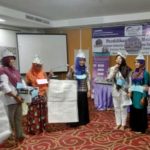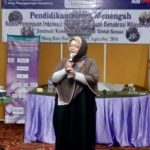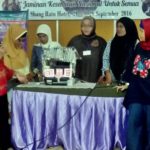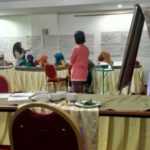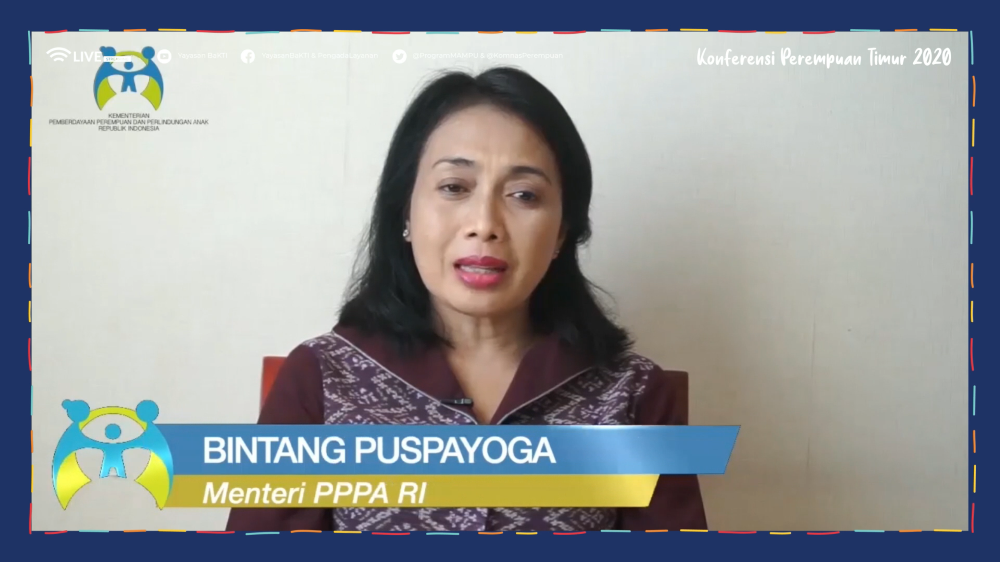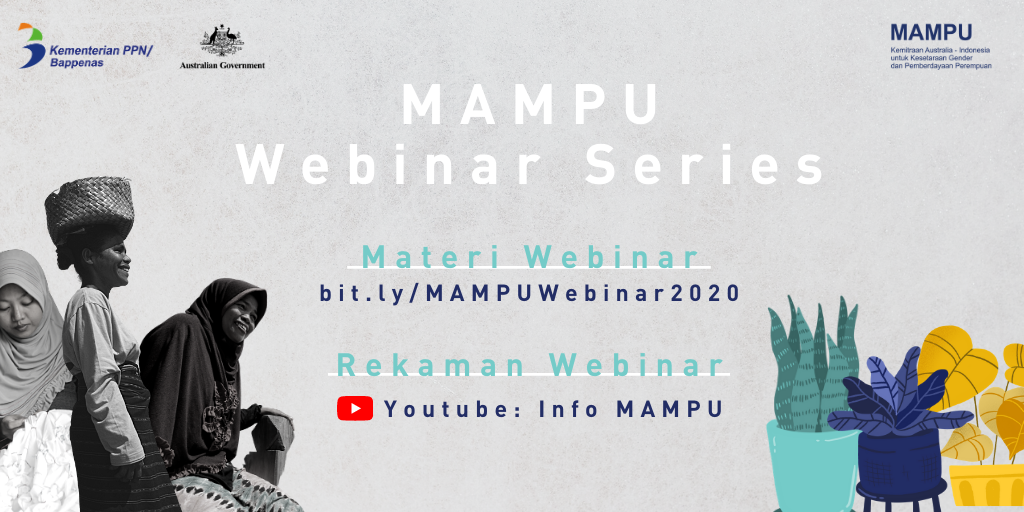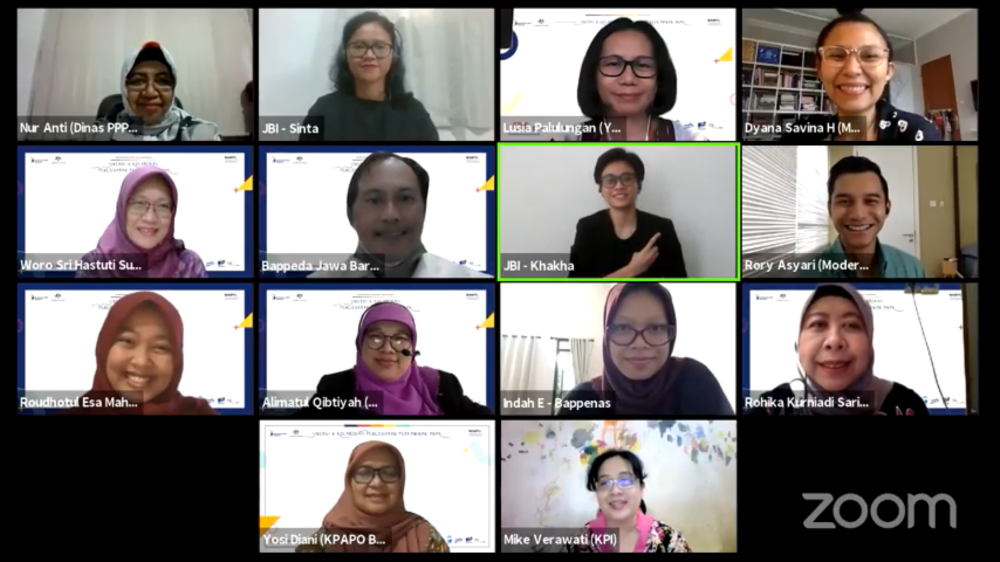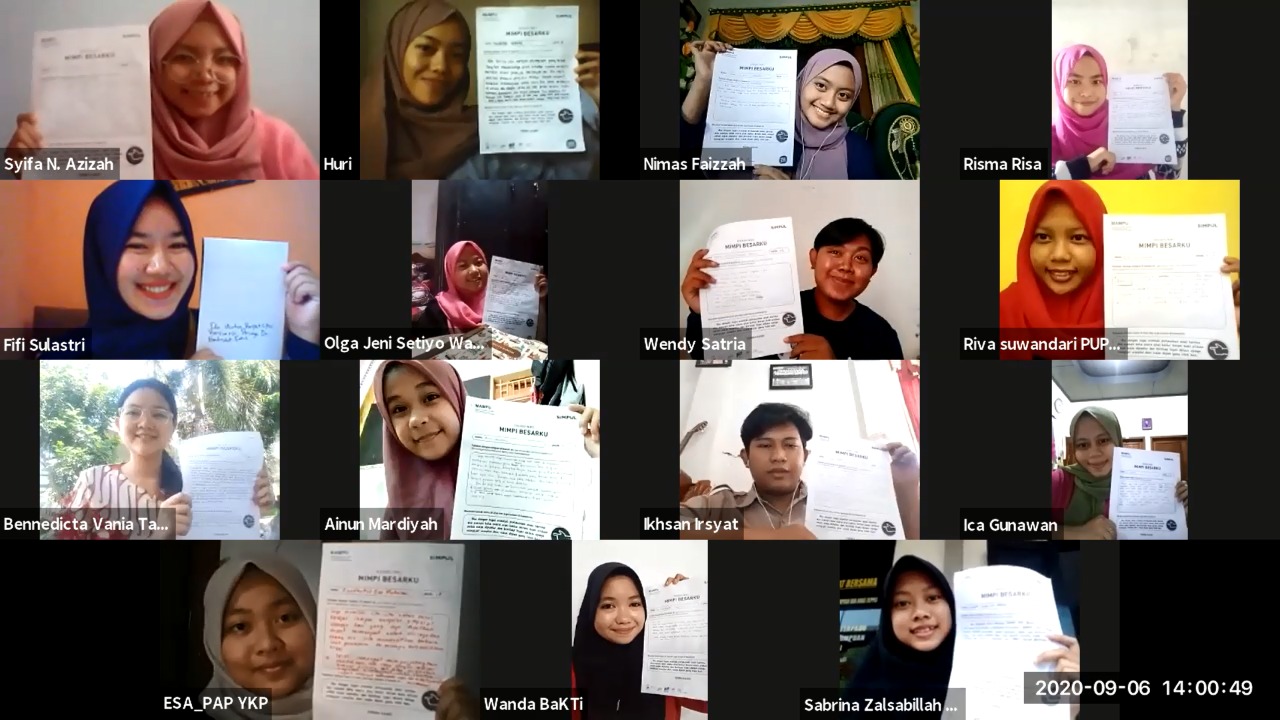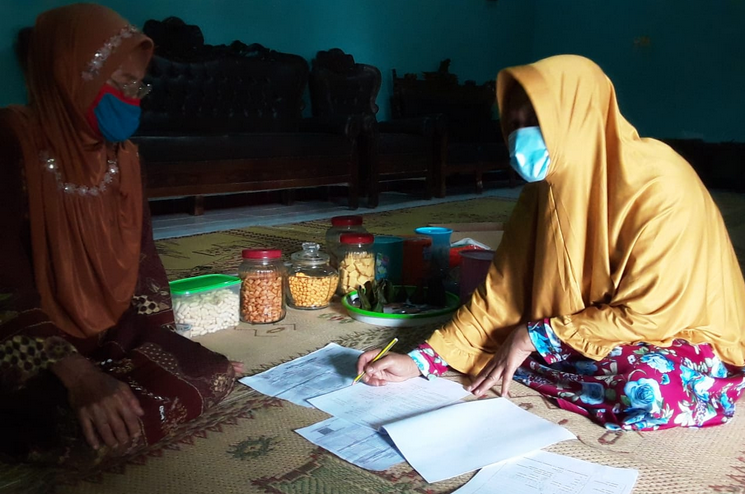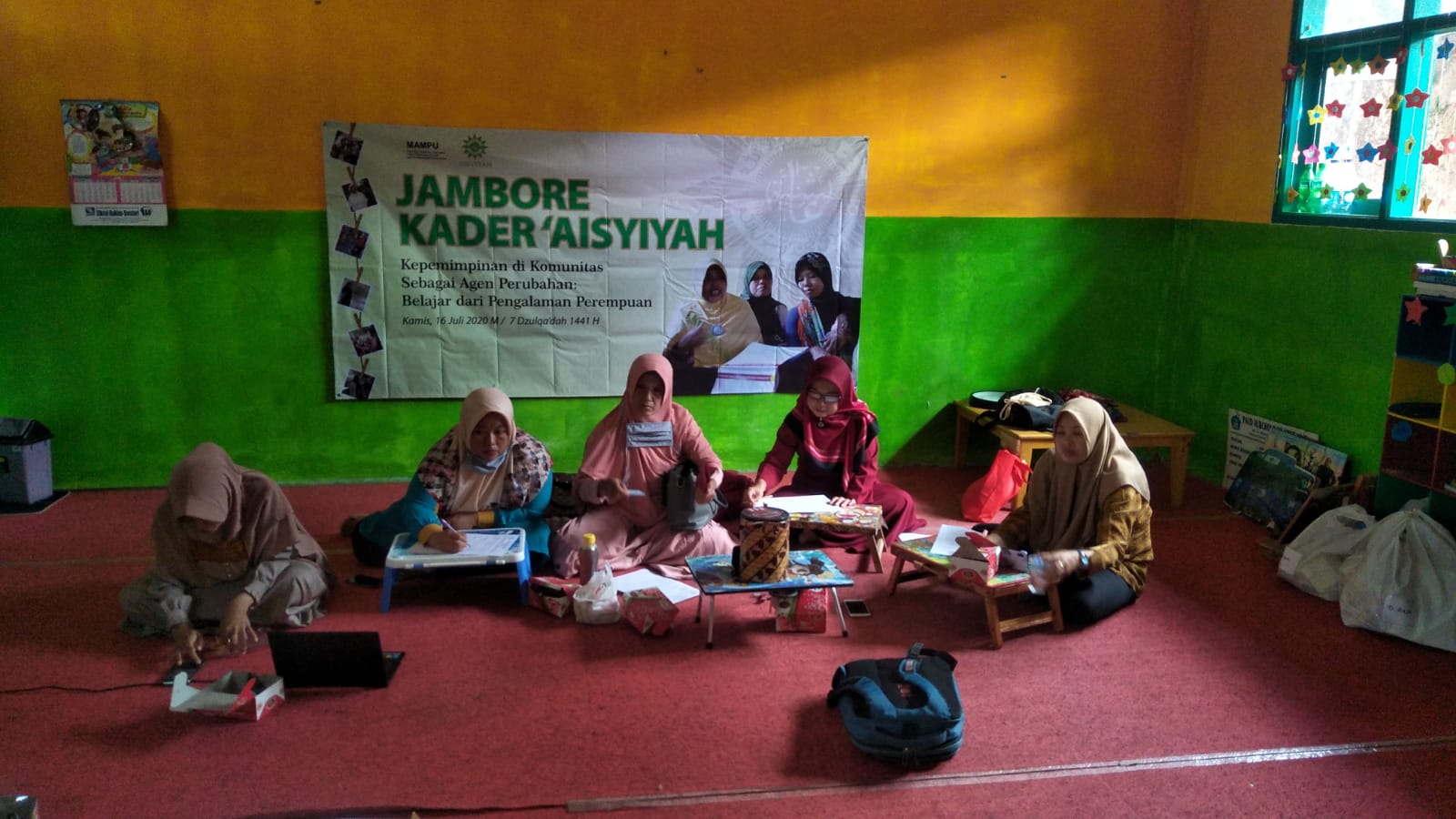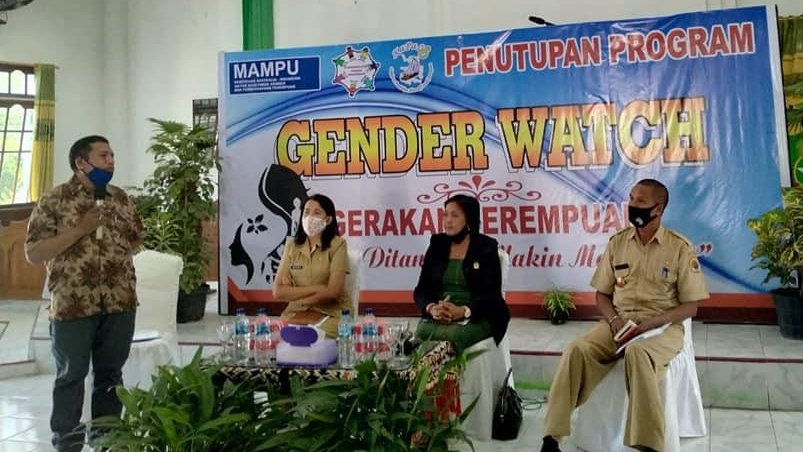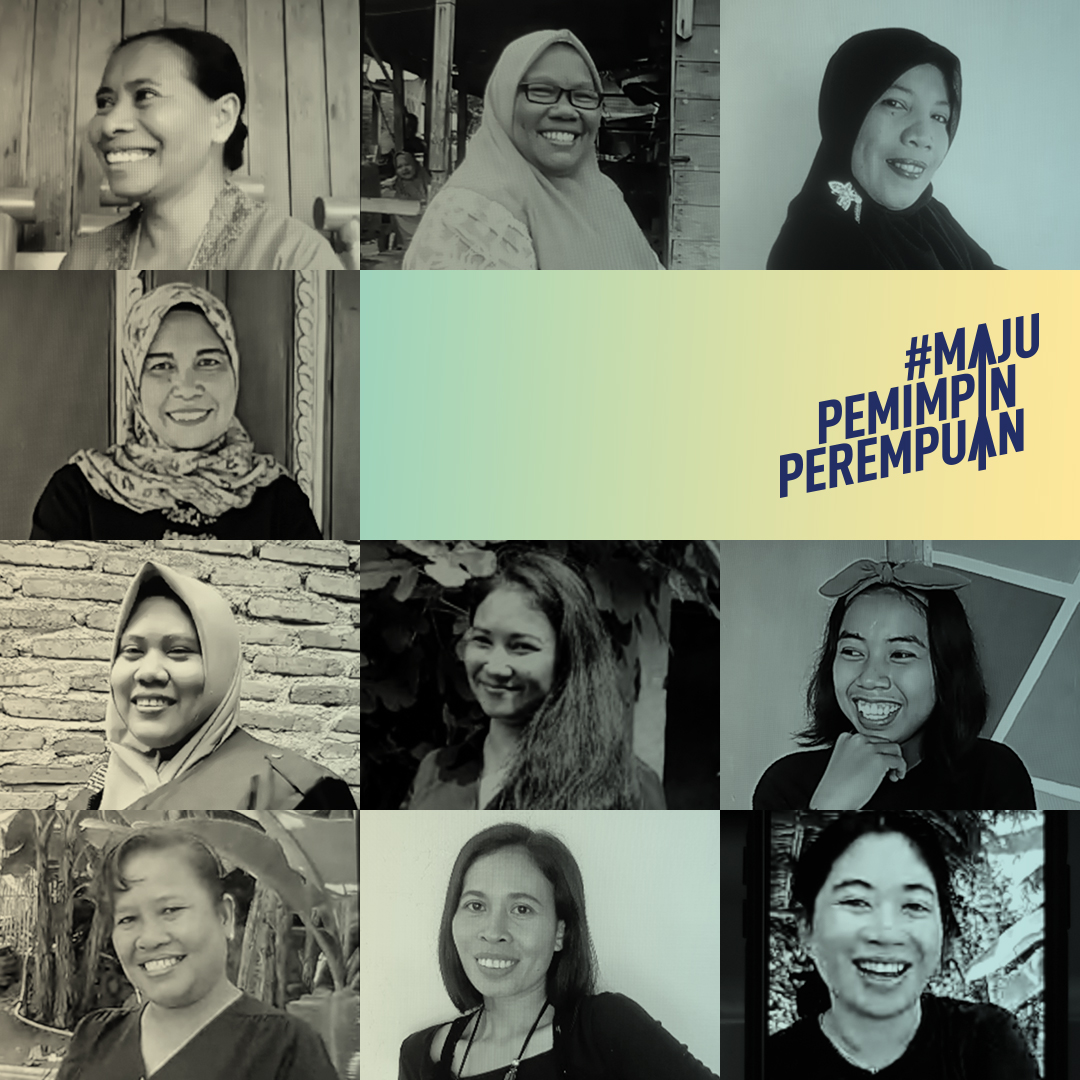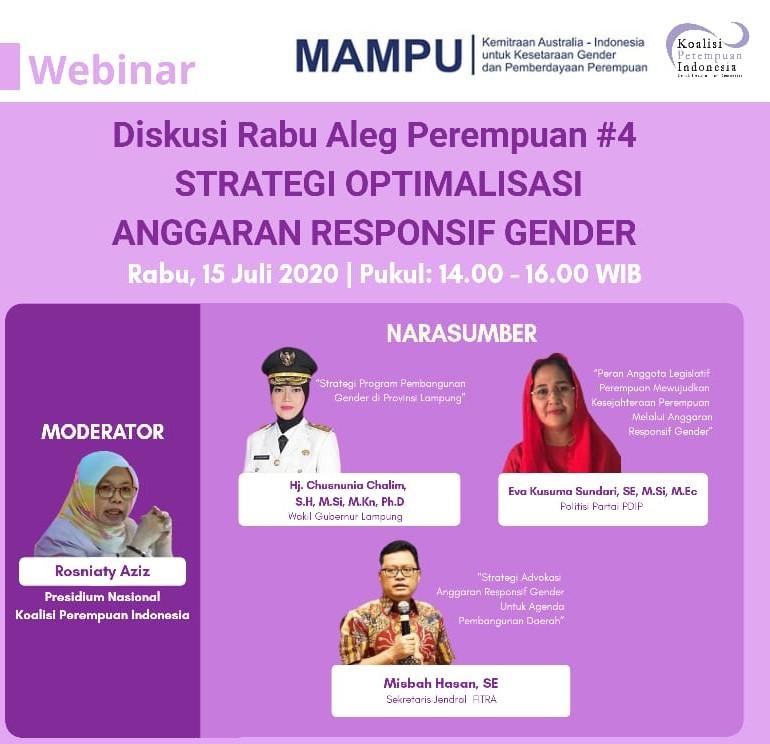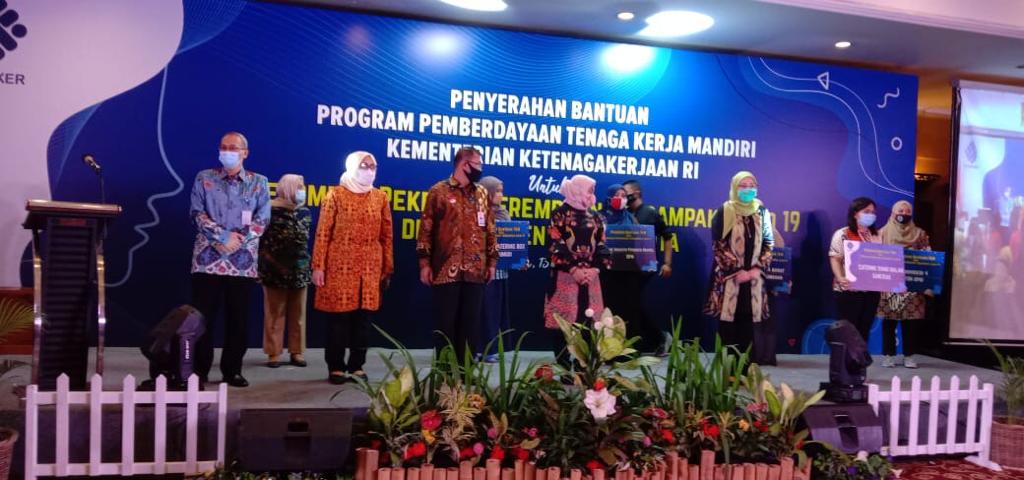Event
KPI Sumatra Region Held Training for Intermediate Cadres in Jambi
12 October 2016Author: admin
From 20 to 26 September 2016, Indonesian Women’s Coalition (KPI) Sumatra Region, held a training for Intermediate Cadres. This training was held at Shang Ratu Hotel Jambi City, and followed by 25 KPI cadres from Aceh, West Sumatra, Bengkulu, Jambi, Lampung and Jakarta.
From the first day until the third day, participants learned about gender and sexuality, gender-based social analysis and women’s rights. After that, the participants discussed about regulation and advocacy related to health protection issues, which is the KPI focus in the MAMPU program. The training topics for this subjects is Woman Health Rights, and gender budgeting on health issue. They also discussed about National Health Insurance (JKN) cases found by KPI in the field.
From the discussion, the participants agreed to advocate a better health care system. Therefore, KPI requires qualified data and better network. In addition, as a form of collective action, KPI will work with another MAMPU partner in Sumatra, PERMAMPU, to gather more field evidence as advocacy materials for National Health Insurance (JKN).
During the training, KPI invited representatives from Jambi Regional Planning Agency (Bappeda), BPJS Kesehatan and Maria Magdalena, member of Jambi House of Representative as the speaker. Representatives from Bappeda Jambi and BPJS shared their experiences related to the implementation of BPJS Kesehatan and Local Government’s advocacy on health protection. As Maria Magdalena, she shared experiences on health policy advocacy and budgets.
In addition, participants also learned about the organisation management. The first topic is about transformation in leadership (leader who can be listen and accommodate their members’s voice). The second topic was about “fundraising”. KPI National Secretariat introducing KPI’s sustainability plan such as Sekolah Politik Perempuan, “One balai, One Product” concept and other diversication of funding source that can used by Balai/Cabang or Wilayah.
KPI also introduced Most Significant Change (MSC) as monitoring and evaluation tools. Participants interviewed their partners about their significant change as KPI member and wrote the story with criteria: 1) significant change topics 2) Time period of change. Three stories were dicussed togather and the selection process for MSC was intoduced as well.
This training was closed by KPI’s planning activity in next six months, particularly to JKN advocacy. Most KPI region planned to do internal socialisation about JKN, verifyKartu Indonesia Sehat (KIS) data for KPI members and help poor community to access KIS, and advocacy to local government.




